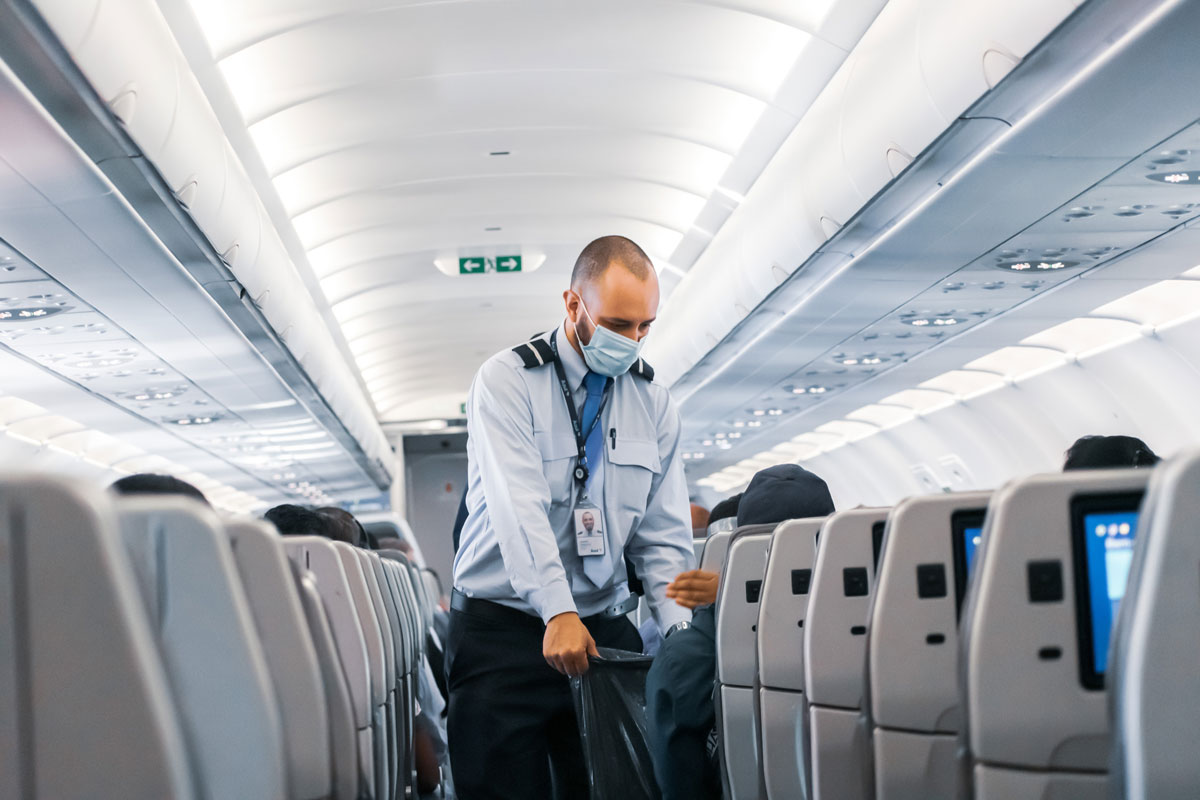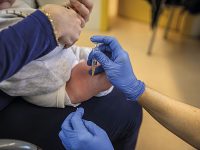
Reality can sometimes insist on not living up to expectations. After a very hard year, we now want to forget about the virus and go on holiday. At first sight, the indicators support some relaxation: infections are at a level not seen since last August, hospital admissions are falling, mortality has reached minimum levels, and vaccination is progressing at a good pace. It seems like a good time to plan where to go in the summer. But despite the obvious improvement, the sword of Damocles is still hanging over our heads.
Consider the UK. By early April, the average number of cases per week had dropped to 24 per million (Spain had almost eight times as many) and 50 % of the population had received at least one dose of vaccine (only 12 % in Spain). This prompted the government to announce the imminent end of all restrictions, which was scheduled for 21 June. Then came an unexpected factor: the delta variant, first identified in India. Because of the UK’s link to India, the most contagious variant quickly reached the British Isles and became the dominant variant, accounting for more than 75 % of cases. In mid-May, after a month of optimistic stability, cases started to rise again. They are now over 85 per million, which is not much (similar to Spain), but there is a worrying upward trend.
What went wrong in the UK? They did what was necessary (containment during the first months of the year, increased testing, vaccination at full speed, etc.), but they did not foresee a variant that would upset every plan. Should Europe be worried? With the holidays just around the corner and the euphoric feeling of having beaten the last wave, the summer months will be the perfect storm to encourage the circulation of the delta variant across the continent. If the pandemic has got out of control in the UK, which has been careful and has 60% of its population vaccinated, what will happen in southern Europe, with minimal restrictions and lower immunisation?
«The emergence of new, more aggressive variants will exist as long as the level of immunisation around the world does not reach a minimum»
It is true that in the UK admissions have not increased much yet and mortality remains stable, which shows that vaccination works, but we must not underestimate other problems caused by COVID-19 (persistent symptoms could affect up to 10 % of infected people). The aim must be to minimise infection. Let us remember that a single dose of vaccine does not seem to be enough to stop the delta variant, which would mean that 75 % of Spanish people are currently susceptible to the disease.
This is a good time to call for a little caution. In fact, caution should not be abandoned until the pandemic is over, because the emergence of new, more aggressive variants will exist as long as the level of immunisation around the world does not reach a minimum (which could be 80–85 % of the population). Just like the alpha (also known as British) variant spread like wildfire and now delta seems likely to displace it, this could happen again in the coming months with increasingly infectious viruses.
This is why it would be important to prioritise vaccination in places that still have low coverage rates, not only for the obvious ethical and justice reasons, but also out of sheer selfishness: the more the virus circulates, the greater the risk of it mutating. According to the World Health Organisation, we are approaching 2 billion vaccines administered, and only 0.3 % have gone to poor countries. While Europe and the United States are considering vaccinating adolescents before the start of the school year to stop community transmission, in many countries populations at risk of dying from COVID-19 are still not protected. From a global point of view, perhaps we are pursuing the wrong strategy.
So the fact remains that we are still in the midst of a pandemic, and we will be for a long time. Let us remain optimistic, but be cautious: just because the situation is good now, it does not mean that it will not suddenly get worse. Please stay alert… and enjoy the summer as much as possible.





